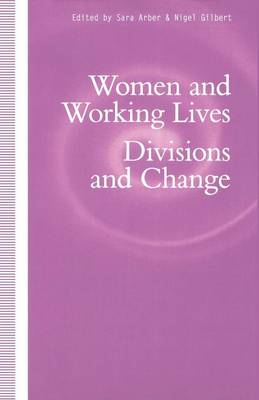Explorations in Sociology
1 total work
v. 39
This book explores the interconnections between women's domestic lives and their paid employment, to demonstrate how male definitions of work need to be reformulated. Women's continued disadvantage in the labour market is examined through contemporary, cross-national and historical research studies. The cross-national studies used in this book show how French mothers are advantaged by state and employer policies compared to their British counterparts. The contributors of this book question the adequacy of male definitions of work for women, showing that women use a range of strategies, intimately connected with their domestic lives, to produce results. Two themes orient this collection of papers from the 1990 British Sociological Association Conference: first, an examination of alternative explanations for gender inequality in the labour market, focusing on the ideologies of motherhood, the domestic division of labour and the impact of social policies. Second, a questioning of the meaning of work, suggesting that a simple dichotomy between waged and unpaid domestic labour is inadequate to describe the contemporary situation of women.
Ranged between waged work and unpaid domestic labour are various forms of self-employment, petty enterprise and exchanges used by women to generate resources.
Ranged between waged work and unpaid domestic labour are various forms of self-employment, petty enterprise and exchanges used by women to generate resources.
